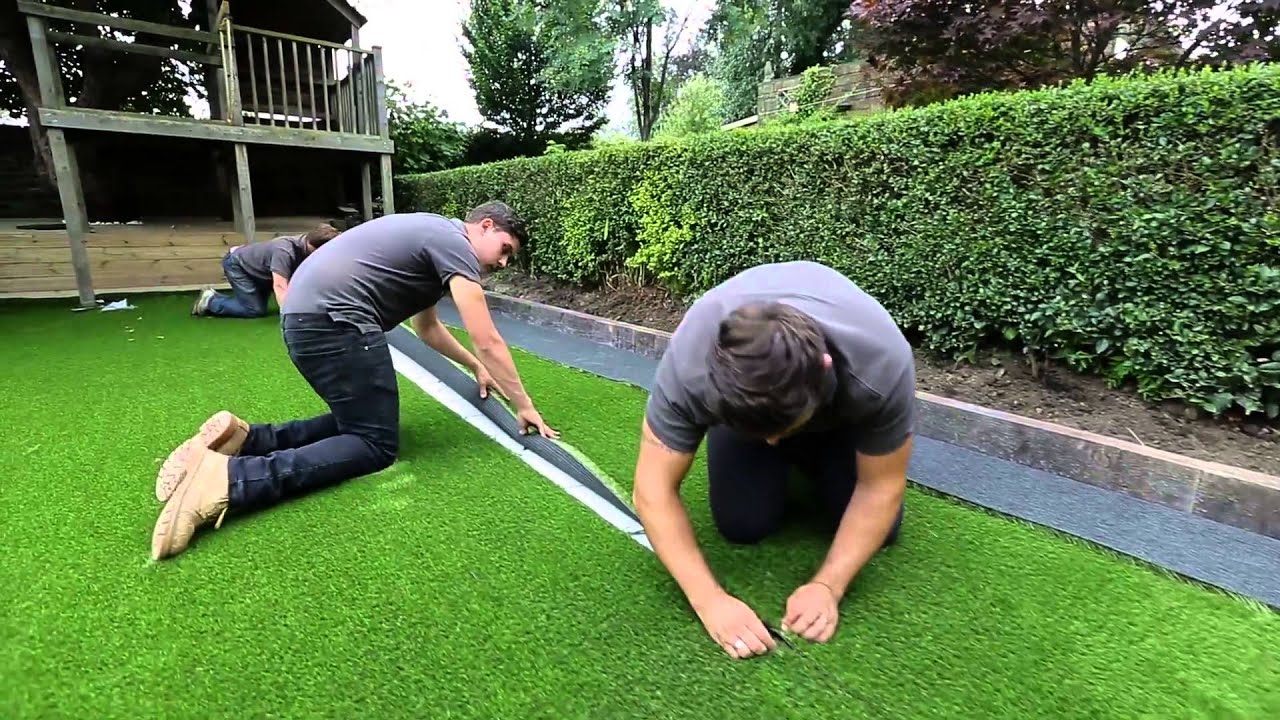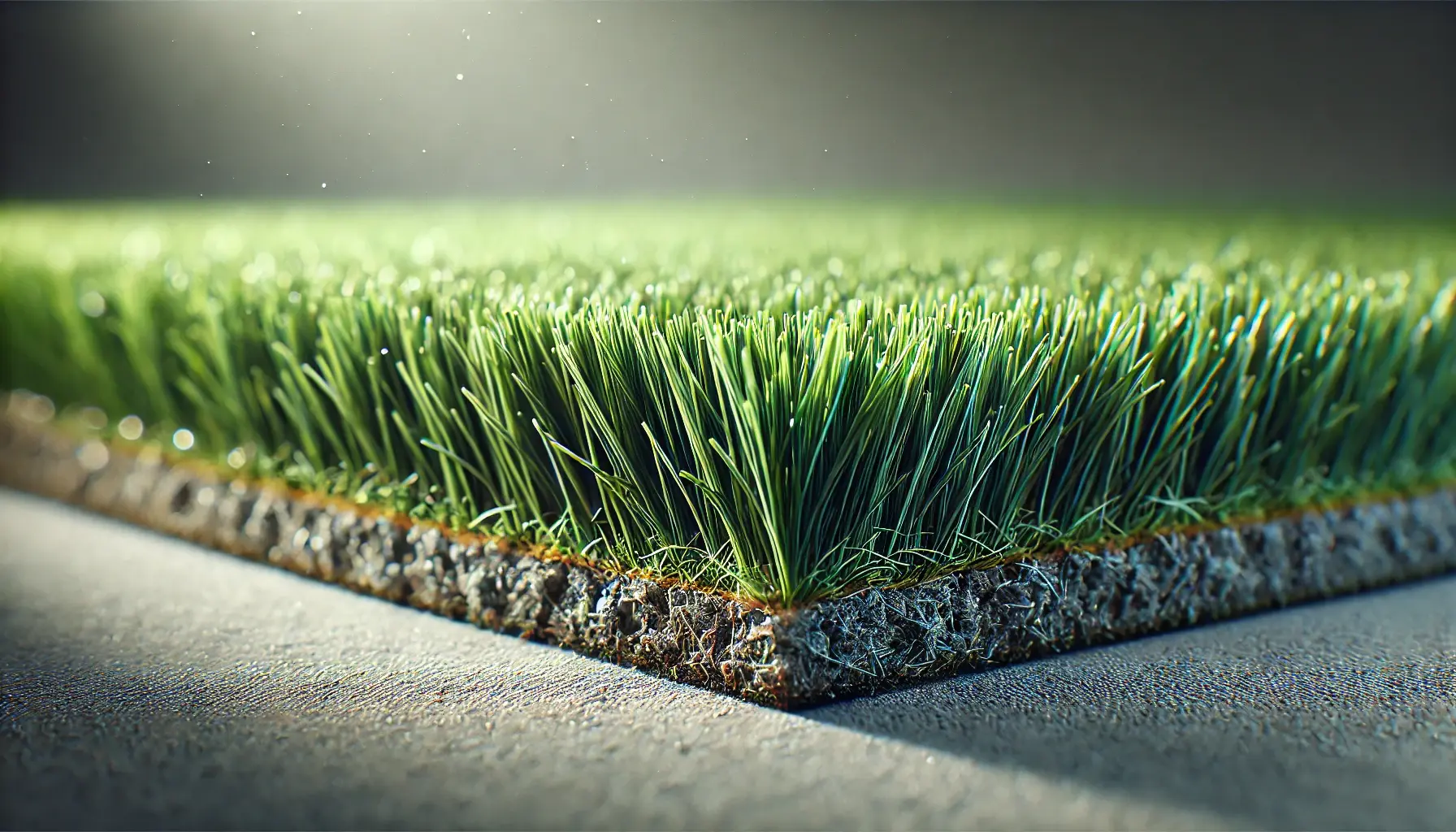Reputable Phoenix Turf Companies Offering High-End Synthetic Grass Installation
Reputable Phoenix Turf Companies Offering High-End Synthetic Grass Installation
Blog Article
Look Into the Environmental Perks of Opting for Synthetic Grass Solutions
The adoption of synthetic grass solutions presents an engaging possibility to deal with pushing environmental challenges. By dramatically lowering water use and decreasing the application of harmful chemicals, these options not only promote sustainable landscape design but likewise secure local communities. Furthermore, the lower carbon impact related to decreased upkeep activities adds to a much more lasting technique to land administration. Nonetheless, the ramifications of these benefits prolong past plain preservation initiatives, questioning concerning their lasting influence on habitat preservation and general environmental equilibrium. Discovering these measurements reveals an intricate interplay worth considering.
Water Preservation Conveniences
One of the most substantial benefits of artificial lawn is its capability to save water. In contrast, artificial turf does not require watering, significantly lowering the overall demand for water sources.
By removing the need for regular watering, synthetic grass adds to lasting landscape methods and aids minimize the ecological influence of excessive water intake. The conservation of water extends to the decrease of runoff, which can lead to dirt erosion and river pollution.
Furthermore, the installment of synthetic grass enables home owners and districts to allot water sources extra successfully, concentrating on important usages such as alcohol consumption water and farming. The shift in the direction of artificial lawn not only promotes responsible water use but additionally straightens with broader environmental objectives targeted at preserving all-natural resources.
As communities significantly prioritize sustainability, the water preservation benefits of artificial lawn offer an engaging situation for its adoption in industrial and residential landscape design tasks.
Minimized Chemical Usage
The shift to synthetic grass significantly decreases the dependence on chemical treatments typically utilized in all-natural turf maintenance. Standard turf administration typically involves the application of plant foods, chemicals, and herbicides to promote development and control parasites. These chemicals can posture threats to human wellness, regional wild animals, and the setting, contributing to soil and water contamination.
In contrast, artificial grass removes the requirement for these damaging substances. By minimizing the launch of synthetic substances right into the environment, synthetic lawn promotes much healthier soil and water systems.
Moreover, the absence of chemical drainage related to fabricated grass setups assists secure regional rivers from contamination, sustaining water life and maintaining biodiversity. Arizona turf. As areas significantly prioritize lasting techniques, deciding for artificial turf presents a viable option that aligns with ecological conservation goals. With this shift, residential or commercial property owners can take pleasure in lavish green spaces without jeopardizing environmental health and wellness, paving the means for a more sustainable future
Lower Carbon Impact

Moreover, the installation of synthetic grass can lead to substantial water conservation. All-natural yards need substantial amounts of water for irrigation, which not just contributes to the carbon footprint linked with water extraction and therapy yet also pressures local water resources. On the other hand, synthetic grass requires minimal upkeep, needing no watering, thereby significantly decreasing water usage and its associated energy expenses.
Additionally, the longevity of synthetic description grass adds to its lower carbon influence. With a life-span of as much as 15 years or even more, the demand for frequent replacements is lessened, resulting in less waste and reduced energy intake in manufacturing and getting rid of standard yard choices. In general, synthetic turf provides a lasting choice for environmentally conscious landscaping.
Habitat Preservation
Habitat conservation is an important factor to consider in the discussion over landscape design options, specifically when comparing synthetic grass to natural lawn. All-natural yard lawns often need comprehensive upkeep, including making use of herbicides, chemicals, and visit site plant foods, which can adversely impact regional environments. These chemicals can leach right into the dirt and waterways, harming native flora and fauna and disrupting local habitats.
On the other hand, fabricated grass presents a chance to reduce the ecological impact of landscape design. By going with artificial yard, property owners can lessen the disruption of natural habitats connected with standard lawn care techniques. Synthetic grass removes the demand for harmful chemicals, therefore protecting neighboring wild animals and keeping the honesty of bordering environments. The installment of artificial grass can lead to the conversion of former grass locations into more biodiverse landscapes, such as pollinator yards or indigenous plant areas, which can support neighborhood wildlife.
Inevitably, the change to man-made lawn not only saves water and minimizes upkeep efforts yet likewise fosters an extra unified relationship in between human tasks and the natural surroundings, advertising habitat preservation at the same time.
Long-Term Sustainability
Long-term sustainability is an essential consider examining the benefits of fabricated grass over standard turf lawns. One of the most considerable benefits of synthetic grass is its resilience; it can last up to 15-20 years with minimal maintenance, whereas all-natural turf needs constant reseeding and substitute. This longevity minimizes the need for consistent resources, such as water, plant foods, and pesticides, which are important for preserving a healthy grass lawn.
In addition, man-made grass adds to a reduction in carbon exhausts related to lawn care devices. Standard yards often need gas-powered mowers, leaners, and blowers, every one of which add to air pollution. Artificial turf companies phoenix. In comparison, synthetic grass eliminates the demand for such equipment, advertising a cleaner setting
In addition, the production of synthetic turf significantly uses recycled products, improving its sustainability account. As producers embrace green methods, the environmental impact of synthetic grass remains to reduce.

Final Thought
The adoption of man-made grass i thought about this solutions offers significant environmental benefits, including substantial water conservation, lowered dependence on damaging chemicals, and a lower carbon impact. Artificial grass help in maintaining all-natural environments by minimizing land disruption and advertising long-lasting sustainability via the use of long lasting products. Collectively, these elements emphasize the potential of synthetic grass to contribute positively to ecological wellness and offer a sensible alternative to traditional landscape design methods in an increasingly resource-conscious globe.
In comparison, synthetic grass does not require watering, dramatically minimizing the overall need for water resources. By lessening the release of synthetic substances right into the ecological community, artificial grass promotes healthier dirt and water systems.
Additionally, the setup of fabricated lawn can result in substantial water preservation. In contrast, synthetic lawn needs minimal upkeep, calling for no watering, thus significantly reducing water usage and its linked energy costs.

Report this page